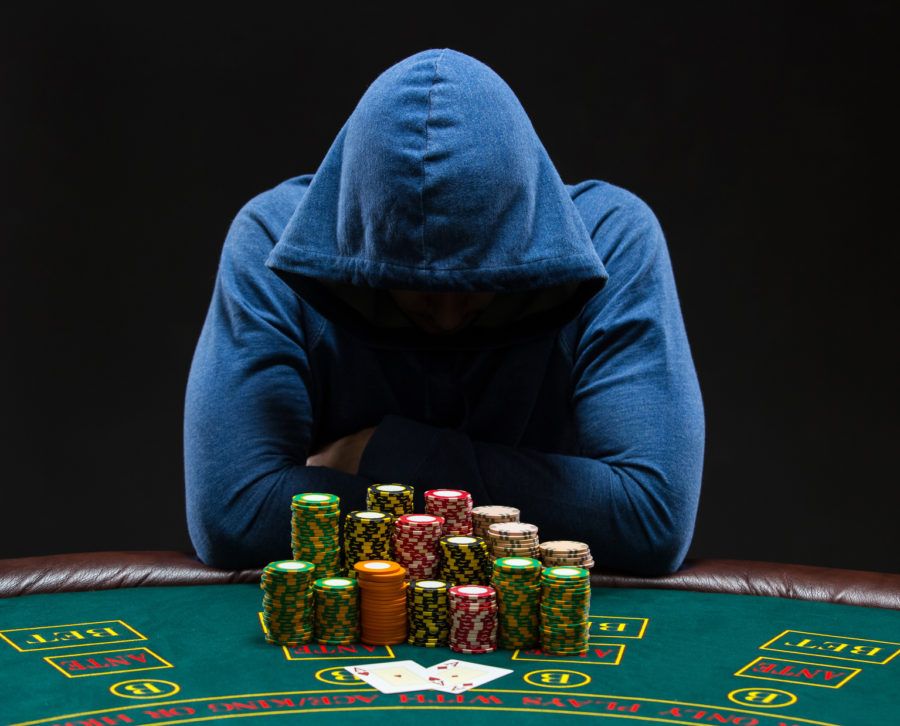
Scientific Wisdom Behind Prohibitions: Gambling
“يَسْأَلُونَكَ عَنِ الْخَمْرِ وَالْمَيْسِرِ ۖ قُلْ فِيهِمَا إِثْمٌ كَبِيرٌ وَمَنَافِعُ لِلنَّاسِ وَإِثْمُهُمَا أَكْبَرُ مِن نَّفْعِهِمَا ۗ ” البقرة:219.
“They ask you about intoxicants and gambling. Say, ‘There is gross sin in them, and some benefits for people, but their sinfulness outweighs their benefits.’” (Qur’an, 2:219)
God, in the above verse of the Qur’an, explicitly prohibits gambling and associates it to the forbidden intoxicants. God wants us to work to earn our living instead of depending on luck and chance.
The American Psychiatric Association has classified gamblers into three categories: social, professional, and pathological gamblers (addicts). Gambling addicts suffer from an increasing preoccupation with gambling, and their need to bet more money more frequently. If they attempt to stop, they suffer from restlessness and irritability.
Some statistics
- In 2016, about $500 billion was spent on wages and the size of the online gambling market was about $45.86 billion.
- 15 % of Americans gamble at least once per week.
- At colleges, 23 % of students had gambled online and 6.3 % did so weekly and approximately 6 % have a problem.
- Approximately 2-3% of Americans meet the criteria for pathological gambling and the percentage is increasing with the increasing availability of gambling machines to younger people.
- The rate of youth people risk of developing a gambling problem is about two to three times that of adults
Some negative effects of gambling
- Gambling is associated with an increased suicidal ideation compared to the general population. In addition, the incidence of suicide attempts of spouses of gamblers is three times greater than that of the general population.
- Gambling addictions can lead to loss of jobs, failed relationships and severe debt. Addiction is also associated with mental health problems, including depression, mood disorders and anti-social personality disorders.
- Gambling addictions often suffer from mental health problems, including depression, mood disorders and anti-social personality disorders.
- Two out of three gambling addicts will engage in illegal acts to pay for their gambling debts. They also suffer more from unemployment, bankruptcy, fraud and check forgery, forced home sales, increased alcohol and drug abuse, poor mental and physical health.
- Gamblers cause severe hardship on prison systems, public assistance programs and legal systems.
- People who are in close contact with the addict also suffer from serious social and economic effects to repay debts and bills of the addict.
- About 65% of couples with a gambling addict spouse end up in divorce.
- The children usually suffer from physical and emotional abuse and they have a high chance of developing gambling addiction later in life (86).
In light of all the above, the best solution to avoid the negative consequences of gambling is to prevent it, as God has commanded us in the Glorious Qur’an.
 |
 |
| With the introduction of gambling machines and online gambling, the incidence of addiction with its consequences is expected to increase. | |
 |
 |

